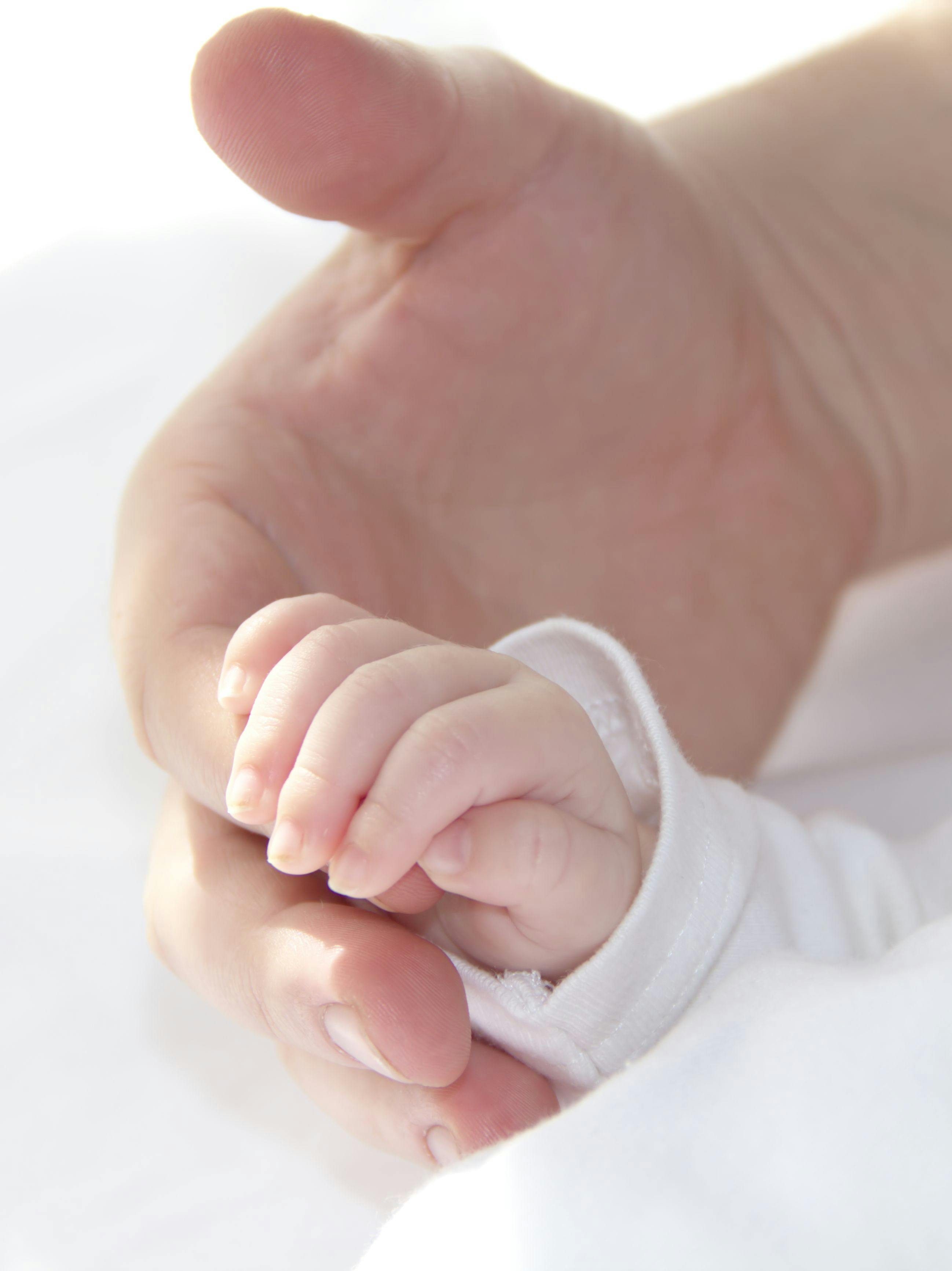Comprehensive Guide to Postnatal Self-Care: Ensuring Healthy Recovery After Childbirth

Welcoming a new baby is an exhilarating experience filled with joy, anticipation, and sometimes, anxiety. While it's understandable that much attention goes to the newborn, it's equally important for the new mother to care for her physical and emotional well-being following childbirth. This comprehensive guide is tailored to provide insightful tips and strategies to aid new mothers' healthy recovery after giving birth.
Understanding the Importance of Postnatal Self-Care
Postnatal self-care is an integral aspect that plays a critical role in a mother’s recovery from the strains of childbirth, whether via vaginal delivery or a caesarean section. It enables the body to recuperate effectively, minimizes potential health complications, and encourages faster healing.
Over the course of several weeks after childbirth, a woman's body goes through numerous changes as it transitions back to a non-pregnant state, a period known as postpartum or the "fourth trimester". Amid these changes, it's essential to be aware of the proper postnatal care practices to ensure a healthier, smoother recovery.
Physical Care Post-Childbirth
Caring for oneself physically after childbirth demands a balance of rest, proper nutrition, and gentle exercise. The body needs to recover from the physical toll of birthing, and for that, it needs ample rest and the right nutrients to heal effectively. Gentle postnatal exercises can also contribute significantly to hastening recovery and regaining pre-pregnancy body structure.
Special attention must also be given to the perineum area, especially if perineal trauma or episiotomy occurred during delivery. Keeping the area clean and using cold packs can alleviate discomfort and reduce swelling. It's also highly necessary to watch for signs of infection, such as increased pain, smelly discharge, or persistent bleeding.
Breastfeeding and Nipple Care
Breastfeeding, whether by choice or necessity, can be challenging for new mothers. Pain, soreness, or cracked nipples are common issues many breastfeeding mothers face. Applying specially designed ointment or creams, using warm or cool compresses, and ensuring the correct breastfeeding latch can help ease these complications.
Managing Body Changes
Many women experience changes in their breasts, stomach, skin, and hair after childbirth. During the postpartum period, these changes may cause self-esteem issues or concerns. It's important to remember that these changes are natural and temporary. A healthy diet and regular physical activity, alongside adequate skincare, can help manage these physiological changes over time.
Mental and Emotional Well-Being
Postnatal self-care isn't just about physical recuperation; it's equally important to address mental and emotional health. Childbirth can be an overwhelming experience, leading to mood swings, anxiety, or feelings of "baby blues". In certain cases, women may experience postpartum depression - a severe form of depression that requires medical assistance.
Engaging in activities that foster relaxation and fulfillment, talking to someone trustworthy about feelings or concerns, seeking professional help when needed, and maintaining a healthy lifestyle can greatly contribute to attaining mental and emotional stability during the postnatal period.
Conclusion
Postnatal care is a crucial aspect every new mother should prioritize for a healthier recovery post-childbirth. While the excitement of having a new baby is undeniable, remember that self-care is not a luxury; it is a necessity. So, no matter how busy you get with your newborn, always find time for yourself. You have earned it, and your body deserves it!





